“Don Macho” by Kevin Irigoyen Penatello Don Macho was a true jíbaro. A man’s man. Rugged and ungiving. His skin like tanned leather. His hands calloused from years of labor. His frown lines carved deep into his forehead. His teeth yellow from café and cigarillos. His shoulders stooped from heavy lifting. For he was a true man. I was not. Don Macho was the type of man who would buy you a conejito. Let you love it. Fatten it. Hug it. Then snap its neck, string it from a tree, skin it, and hand it back. “Wipe away your tears and bring it in for abuelita to cook.” For he was a true man. I was not. Don Macho believed the kitchen was the woman’s territory. Asunto de mujer. Cooking was the task of those less able. Lady’s work. The thought alone could make you gay. The brake fluid on his hands would only soil the food. The salt crystals on his moustache would over-season. His words were bitter enough. For he was a true man. I was not. Don Macho could cobble together a fence with little more than grit and his iron gaze. Power tools feared him. Luddites worshipped him. He was forged by God himself. The broken hammer was proof of his might. The newly installed fence was proof of his determination. Solid. Sturdy. Ungiving. For he was a true man. I was not. Don Macho could steal, barter, and harass his was way out of any situation. No one even batted an eye. He could curse like a sailor, and cheat like one too. He could catcall, insult, and degrade with style. He could hit, choke, and bruise like it was an art form. For he was a true man. I was not. Don Macho was everything weak Puerto Rican men aspired to be, yet couldn’t. He was what every Puerto Rican woman abhorred, yet submitted to. He was what every Puerto Rican grandchild feared, yet obeyed. The man every priest prayed for. The man every novela searched for. For he was a true man. Until he was not. Don Macho was human after all. And if there’s one thing that can break a man, it’s the death of his mother. Abuelita said to avoid his room after he got the call. He wept, like a woman. I looked on, like a voyeur. For that split second, he wasn’t invincible. He was weak. He couldn’t cheat his way out of this one. On that solemn day he felt what it was to be a man, a true man.  Kevin Irigoyen Penatello was born on the island of Borikén (Puerto Rico). He is a Boricua writer and creative, based in the U.S.A. The author uses his time spent on and off the island, as a basis for his writings. His works address topics such as toxic masculinity, indigeneity, and the daily goings-on of Latinx culture.
0 Comments
Mi Mama. Mi Pelo. by Marissa Phillips Mama, I still struggle to grasp our native tongue Pero, I want to say gracias For the thankless job you toiled at At a time when I hated myself Y mi pelo -- When you fell in love with papa – his dark skin, coarse hair Did you ever consider the result? You weren’t ready for these curls, this frizz You didn’t quite understand The social currency of straight hair In a white rural school Because you love me You figured they would too -- First, we tried to contain it Hair ties as restraints seemed like a good idea But only brought me attention The biggest ponytail that school had ever seen “Fluffy” the boy called me, with a smile Deemed me the class mascot, as if it were an honor -- Next, we tried to hide it Sulfuric smell filling the room as chemicals killed my curls Made my hair break off Burned my scalp But I was beautiful For a few months every year I was almost beautiful -- Remember how mad I’d get when you couldn’t do my hair right? Right was limp and lifeless My hair always too big, too full of life I’d wish boys would say “Wow, you take up so little space” Even your best attempts left tiny curls at my scalp Like dirt I could never wash off -- My hair is different now It’s lived a thousand lives My curls are bent, misshapen Gnarled by decades of discontent Pero, I’ve come to accept them Even embrace what they are A reminder that, against her better judgement Mama tried her best To make me feel beautiful Despite always knowing You cannot fix lo que ya es hermoso  Marissa Phillips is a Puerto Rican writer and artist living in Harrisburg, PA. She holds an MFA in Creative Writing from Wilkes University. Excerpts from Z is for Zapatazo |
| Eric Noel Perez, born of Puerto Rican parents in New York City, lived in the Bronx until he was 6 when the family moved to Port Jefferson Station on Long Island. He now lives in Bay Shore, NY. He attended SUNY Geneseo, completed a bachelor’s in English and Secondary Education, then later at Stony Brook University, earned a master’s degree. An English teacher for 25 years, he has also been a yoga instructor, motivational speaker, and non-denominational ordained minister. Last year, he published three books: Sweet Caroline: A Book of Love Poems, Rambling: Soul Searching on Long Island’s North Shore, and a children’s book titled, God Is. |
Two poems from the colonies
By María Lysandra Hernández
oppression: how disney channel
is the best form of neocolonialism
over our hearts and tried to stand still, despite the itch of our noses and the passing of notes,
to listen to our anthems before assemblies, meetings, and model UN competitions;
my World History professor told us once before assembly to note the differences between
anthems,
and their hidden words between high notes we made fun once we paraded out the auditorium; I
too,
know the rockets had a red glare–yet my singer’s voice, inherited from my mariachi father, sings
it best; whereas my father’s anthem reveres Mexican cannon’s booms, and the US’s prides
“unlikely” war triumphs, my mother’s La Borinqueña praises the beauty uncovered–like a
bride’s once
unveiled–when finally dis-covered by conquistadors who had never seen such splendor, nor such
beaches, where they could settle and disseminate onto fertile land the will and command of the
Catholic queen; it starts off small, you see, taking symbols (like our uniforms) and calling it
mundane to not stand out but conform among the sea of historical anthems that inflate chests
with pride; and we’re taught how it’s a privilege to sing our anthem now since we couldn’t
before due to
laws like la Ley de Mordaza, law 53 of 1948, that gagged and killed those who carried our azul
celeste flags, those who sang our real anthem and songs, and those who even thought of
breathing
independent air, so now we should be grateful to be able to remember Columbus only wanted
our land for its beauty, be grateful that el Grito de Lares was unsuccessful in reaching
independence, be grateful we sing the United States’ anthem and we can sing the Hannah
Montana theme song
in perfect English and recognize Mickey Mouse before knowing the revolutionary anthem by
Lola Rodríguez de Tió and recognizing our own fallen leaders, we should be grateful that we
receive
American media content across the ocean, too, despite being disenfranchised from voting for the
next CEO of this American franchise, we should be grateful for the orange pedophillic hands that
handed us over paper towels to mop up rivers in our houses, we should be grateful, we should be
grateful, we should be grateful, we should be grateful, we should be grateful, we should be
grateful
agua de jamaica paints my lips and mouth
blood-red, like i’m dead. i find nostalgic
comfort in the broken plastic cup that is
dribbling, dripping down its berry-flavored
esperanza. recall the square i circled around as a
fumbling child? silly child, mumbling the longgone name for a patriarchal figure–broken masthead of family. we were decapitated after the
infernal heat of the immeasurable trek that
jostles spirits. odyssey on desert–not sea–seeking for any
kind hands to feed, caress. yet, only orange ones that
like to poison wells, appear with their ‘oh, wells,’
‘maybe later,’ and ‘bad hombres’ rhetoric. they
never try the exercise of recognizing countries that lie on
opposing continents. why would the people’s president
partake in any education other than indoctrination? why
question the binary of them vs. us? white vs. brown?
really, children of all ages, of all different faces,
seem to have fun: no parents allowed, sleeping in
tenebrous cages, tossing and turning over the hope of the
un-american dream. the eagle saves from villainous
vipers in deserts that slither across illegally
with evil intentions; yet no one mentions the
xoloitzcuintlis’ trips to chaperone the children who
yearned for golden gates, a familiar embrace–
zócalos are now too far to feel like home.
| María Lysandra Hernández is a BA Writing, Literature and Publishing student with a minor in Global and Post-colonial Studies at Emerson College. She is currently the Head of Writing at Raíz Magazine, Emerson College’s bilingual and Latinx publication. For more poetry, you can find her on instagram at @marialysandrahern. |
Rinconcito
Benediction: Three Poems
Isla
my teacher, too
for to fall prey to it
is to forfeit every right to grow old with the devil
And say, yes, this is what it is to be sated with life
But woe to this trigueño body and to
every hymn
that conjures a love lost on nearby shores, borne on tempestuous waters
for memory holds at this and every other lonely hour
—innocent of all history
bound to a desire more fecund than Atabey,
less merciful than Juracán
for it defies all names and, thereby, all tenability
walks across warm sand,
a mother’s smile,
and a century
older than blood the scent of rum
nor does it know any end, sees only the color flamboyán
and blossoms every nightfall, as does the coquí’s coy song
if only I knew other names
—less sublime
indeed: less generic
to keep at bay this perversely welcomed hour
If only I had the decency to say no
and heed to a reality as dry as bone
If only, that is, the Virgen would make me righteous
just this once
and let me say, with impunity: I miss you
Benediction
which forgets that not all is bound by the color spic
for flesh and its miscellanea do speak loudly
but a logic older than the corpus knows that
even the ventriloquist is no rival
for the criterion of the “native”
who, after all, could afford to loiter about in editorial time
or seek asylum in the quintessential and the vulgar
when all must be said here and now
inevitably a stutter confesses, “I’m a fraud”
and you are laid bare to a world
that knows
not
how to listen for a new canto
either belatedly, or hastily
we fall prey to a grammar older than coarse mahogany
and a fetish that cast spells as earnestly as does a cliff’s edge
but this lengua I embody naively believes
that forgiveness is imminent
in every breath that whispers, “La bendición…”
A dissident etymology
that conjure wounds deeper than the Sargasso Sea
and its cryptic waters
for words are an index
in which every last breath can echo a biblical curse
or hail a tree’s limb
yet horizons come alive anew
in dissident etymologies
that speak their endearments in black
black is that enigma, after all, by which our beloved are beckoned,
and a quiet audacity held dear
for words are an index, too
in which every last breath can whisper a secret
or hail
a boricua’s kiss
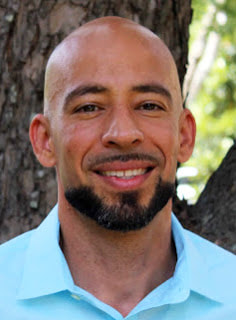
Rinconcito
is a special “little corner” in Somos en escrito for short writings: a single poem, a short story, a memoir, flash fiction, and the like.
Did your father ever swear?
Come to think of it my father only ever swore
in Spanish Maldito sinvergüenza some verb porquerías
I could never catch what was being done to the porquerías
or if it was their being-made getting done to him
when I didn’t do the dishes
fast or often enough
(it was me he usually muttered that phrase to)
stoic not angry
but yes, sometimes he was angry.
You asked me did he ever take me
fishing? Yeah, and I was disobedient
or something I don’t remember
and he slapped
me. No, he didn’t do it a lot
just when I was being contrary.
My mother?
Never
calm
even that time I came home
and she’d stayed
to do laundry
caught her hand in the press lever
(we didn’t have tumble machines)
it looked like a crushed pomegranate
and sidewalk gum boiled into beet juice
but she didn’t cry
and my dad explained
what had happened
he wasn’t at work, either, which was odd
only happened one other time
I can think of
because he drank too much
and when the guy he carpooled with
to the factory came by
my mom peaked out the door
whispered he had a hangover
(she knew vernacular like that
words her relatives slipped on
into other verbs
I could never tell which ones
so she talked to officials
or just anyone speaking English
or I did).
So that was the other time my dad
didn’t go to work.
I was usually the first
home to take care of my younger brother
no, not the one that died in my mother’s arms at the bus stop
the one that got tied up
in the umbilical cord
wrapped up inside
came out blue not breathing
he’s why I always thought the Blues
was a good word for music you choke
out when people didn’t want you
to breathe
my brother didn’t speak
in the same sounds
assigned actions as other people
but his exclamations
aren’t exactly passive
and he never was, either,
which was why I watched him
like when he climbed out the window onto the roof
maybe searching for kites
or just a different view
when my dad showed up at the front door
I was staring down at
my shoes willing his eyes
anywhere but up
when he looked
and saw my brother climbing
smiling the rest of us were panicked
(but my brother seemed very relaxed)
took a hand off the roof
reached up
and our dad started
to coax him down
telling him not to be afraid
even though he clearly wasn’t
“Come back inside
where it’s safe”
that kind of thing
he rarely spoke
so soothingly to me
although when I threw a baseball
through the garage window
and pieced the glass back together
with glue he grinned
a little
at the notion I could
put one over on him.
I wasn’t a good liar and I felt guilty
so I usually just confessed
like when my brother and I were jumping
on the bed he seemed to stay in the air
longer than I could have
sworn he was up
when I came down
feet hard on his belly
sloshing like the sound those fish
would have made if I had caught them
instead of being a good-for-nothing
like my father said
(or whatever he said in Spanish
like I said I don’t know Spanish
didn’t teach you Spanish
but life sticks dictionaries you can’t
shake to your shoe
and you walk around like that
sometimes for a lifetime
maybe just for a childhood
anyway
my brother and I we were young and
the diagnosis
was around that time
I cried when I told my dad
I thought I knocked
the quiet voice out of him
made him loud with the sounds
people use to excuse the fear
they already have
maybe call the police
(and later, they did
and that’s why my parents decided
if I was going to college they couldn’t
take care of him
so I’m kind of the reason he was institutionalized
in a way because otherwise he might have
gotten arrested or hurt
but that place we dropped him
rotting mattresses lined up smelling of semen and urine
out of the movies or books
or the records those kind of places didn’t keep
or worse, the ones they did).
And the diagnosis when they called my little brother
“Retarded” then “Developmentally Delayed” then “Autistic”
and always “unacceptable”
this kid who loved to fly kites with me at Wrigley Field
until he took a roll of receipt tape from a vendor
and the guy yelled for some police
and they tackled him
my English almost wasn’t good enough
to get him off
not using language like other people
is one of those inexcusable cardinal sins I guess
or maybe stealing
while Puerto Rican
and what you kids call it
non-neurotypical
and running smiling
bent over looking up
a kite soaring overhead
we’re supposed to be docile
shouldn’t be able to hunch over
and move that’s some trickster terror
to some people
that day when my brother and I almost both got booked
for stealing juvenile delinquents
was the one time I saw my father cry
and he didn’t swear in English or Spanish
nothing he could get done with words.

Archives
July 2024
April 2024
February 2024
July 2023
June 2023
May 2023
March 2023
February 2023
January 2023
November 2022
October 2022
September 2022
August 2022
May 2022
April 2022
March 2022
February 2022
January 2022
November 2021
October 2021
September 2021
August 2021
July 2021
June 2021
May 2021
March 2021
January 2021
December 2020
November 2020
October 2020
September 2020
August 2020
July 2020
June 2020
May 2020
April 2020
March 2020
February 2020
January 2020
November 2019
October 2019
September 2019
August 2019
July 2019
June 2019
May 2019
April 2019
March 2019
February 2019
January 2019
November 2018
September 2018
August 2018
July 2018
May 2018
April 2018
March 2018
February 2018
March 2017
January 2017
May 2016
February 2010
Categories
All
Archive
Argentina
Bilingüe
Book
Book Excerpt
Book Review
Boricua
California
Caribbean
Central American
Cesar Chavez
Chicano
Chicano/a/x
Chumash
Chupacabra
Círculo
Colombiana
Colombian American
Colonialism
Cuban American
Culture
Current Events
Death
Debut
Dia De Los Muertos
Diaspora
Dominican American
Dreams
East Harlem
Ecology / Environment
El Salvador
Emerging Writer
English
Excerpt
Family
Farmworker Rights / Agricultural Work / Labor Rights Issues
Flashback
Floricanto
Food
History
Identity
Immigration
Imperialism
Indigenous
Indigenous / American Indian / Native American / First Nations / First People
Interview
Language
Latin America
Love
Mature
Memoir
Memory
Mestizaje
Mexican American
Mexico
Nahuatl
Nicaraguan-diaspora
Nicaraguan-diaspora
Ofrenda
Patriarchy
Performance
Peruvian American
Poesia
Poesía
Poesía
Poet Laureate
Poetry
Prose Poetry
Puerto Rican Disapora
Puerto Rico
Racism
Review
Salvadoran
Social Justice
Southwest
Spanish
Spanish And English
Surrealism
Texas
Translation
Travel
Ulvalde
Visual Poetry
War
Women
Young-writers
Donate and Make Literature Happen
is published by the Somos En Escrito Literary Foundation,
a 501 (c) (3) non-profit, tax-exempt corporation. EIN 81-3162209



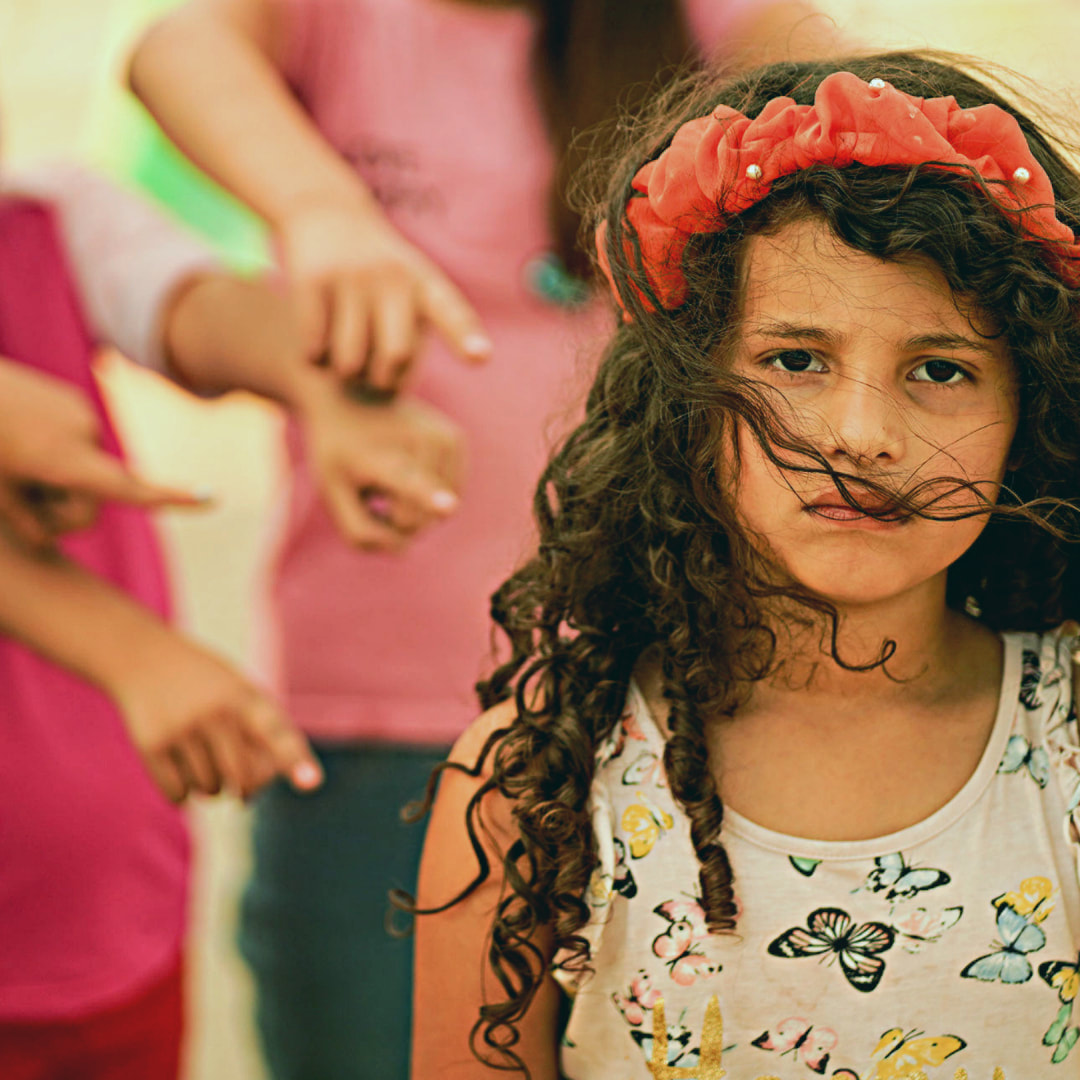
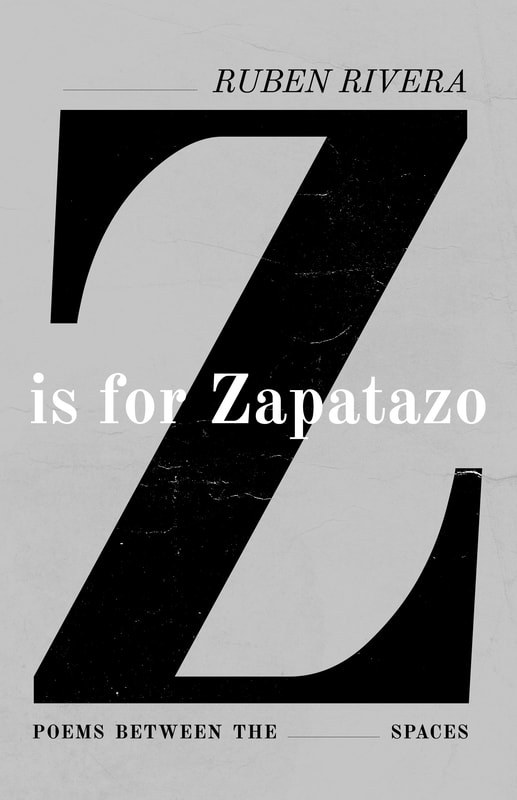
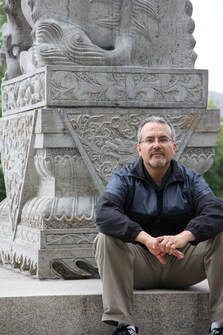
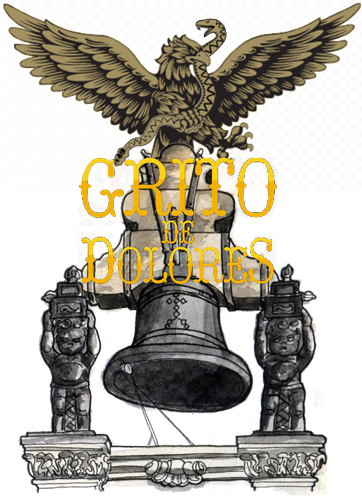



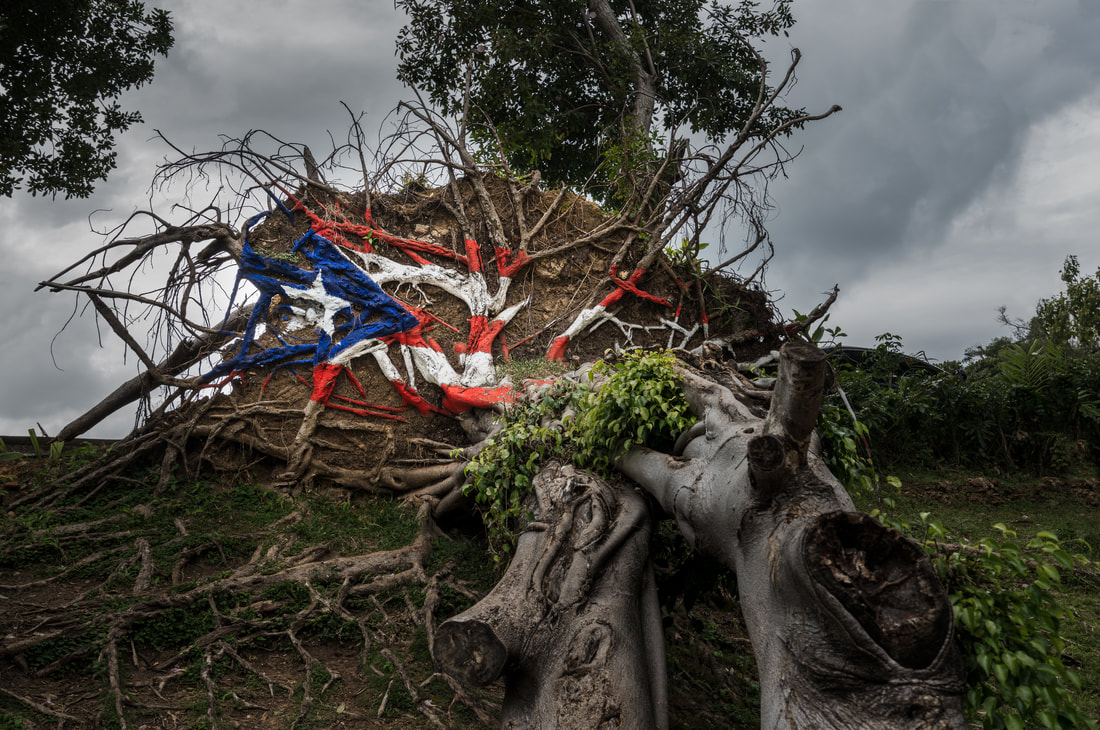


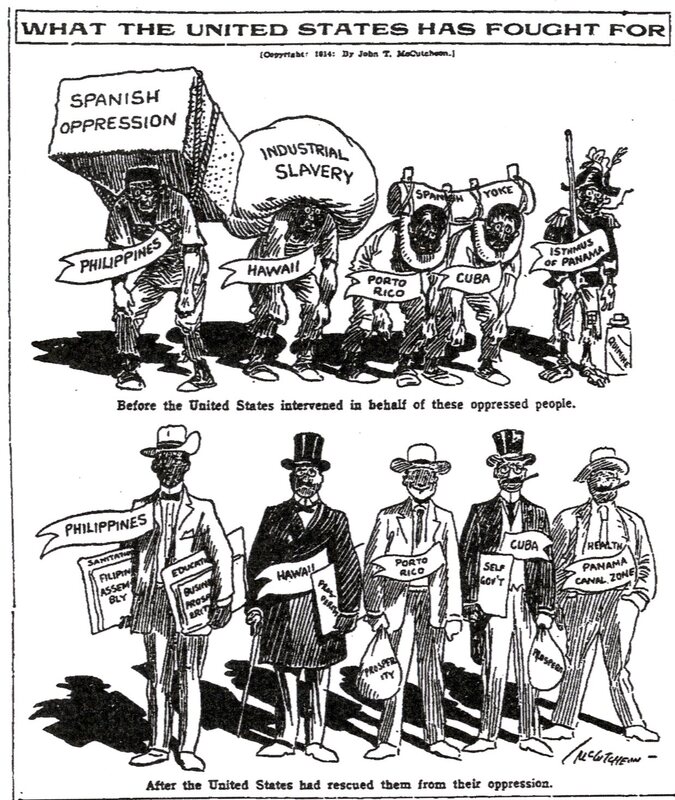

 RSS Feed
RSS Feed